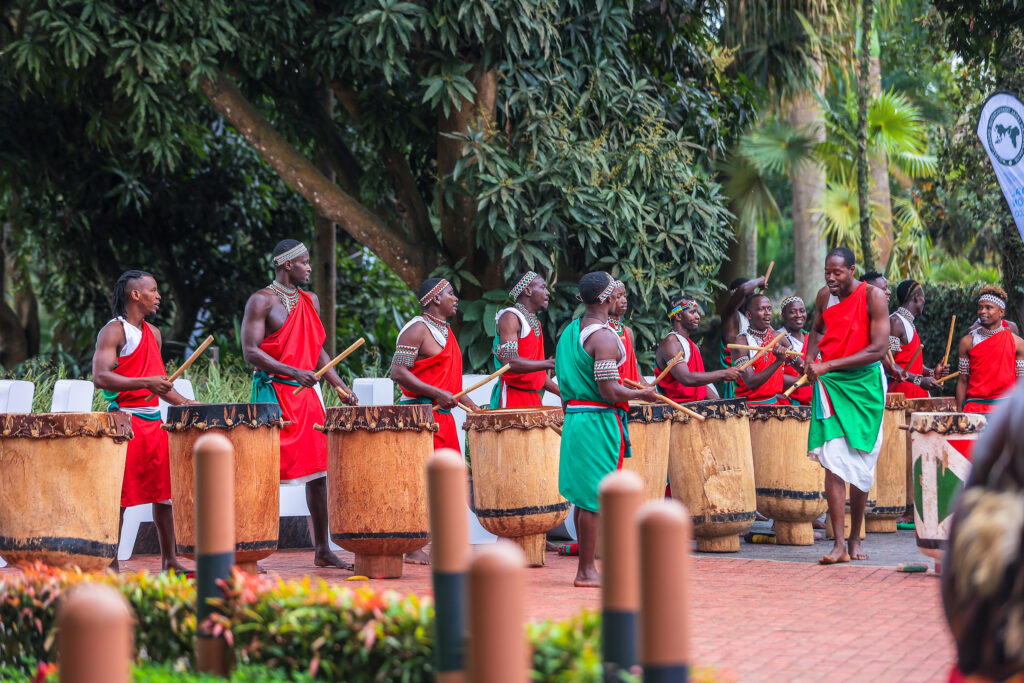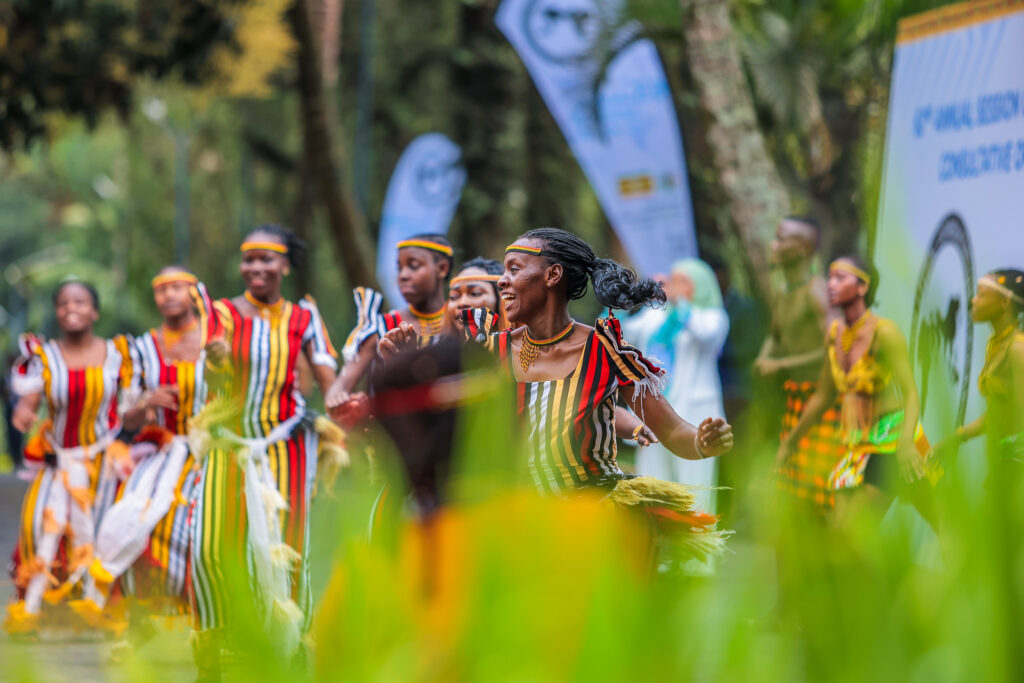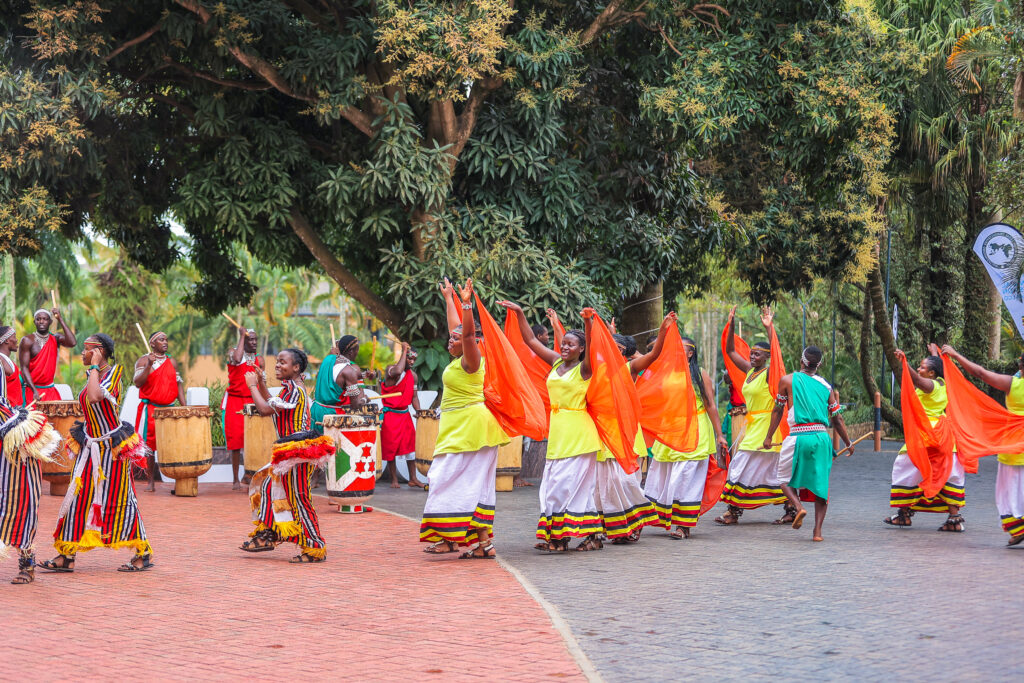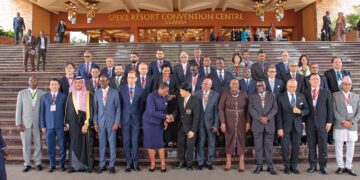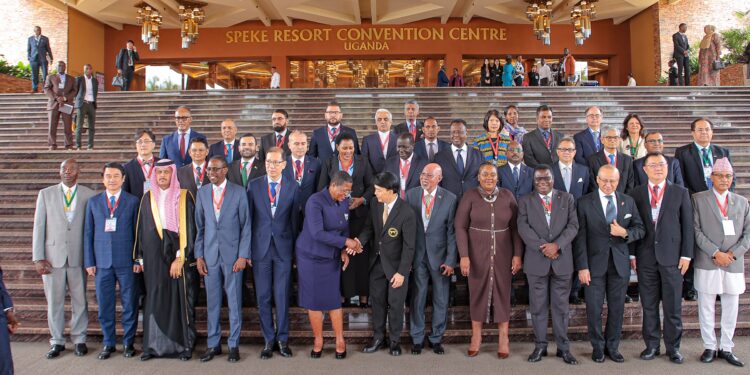Munyonyo – President Yoweri Kaguta Museveni has emphasised the historic and contemporary significance of the Asian-African Legal Consultative Organisation in shaping international law and advancing cooperation between the two continents during the 63rd Session of AALCO at Speke Resort Munyonyo.
In a speech read for him by the Speaker of Parliament, Rt Hon Anita Annet Among, Museveni highlighted that hosting the 63rd session marked only the second time Uganda has had the privilege of welcoming the organisation, recalling that the country previously hosted the AALCO over thirty years ago in 1993.
“We are deeply grateful for this opportunity to host this session, and we wish to take this moment to reaffirm our unwavering commitment to the organisation’s objectives as a member state of AALCO,” he added.
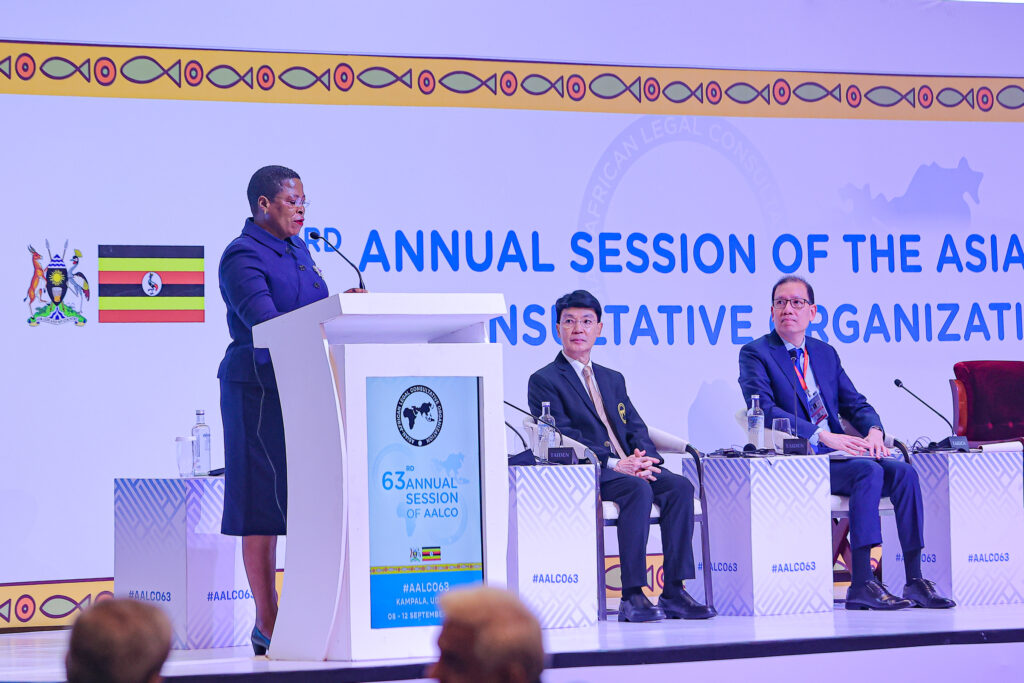
Museveni described the AALCO Annual Session as more than a routine meeting, but as “a display of our shared vision, our collective aspirations, and our unwavering commitment to strengthening the bonds between Asia and Africa through dialogue, cooperation, and the rule of law.”
Tracing AALCO’s origins, the President reminded delegates of the organisation’s roots in the historic Bandung Conference of 1955, which led to the creation of the Asian Legal Consultative Committee in 1956 by seven founding nations: Burma (now Myanmar), Ceylon (now Sri Lanka), India, Indonesia, Iraq, Japan, and Syria. He noted that AALCO now comprises 49 member states, reflecting its significance in global legal discourse.
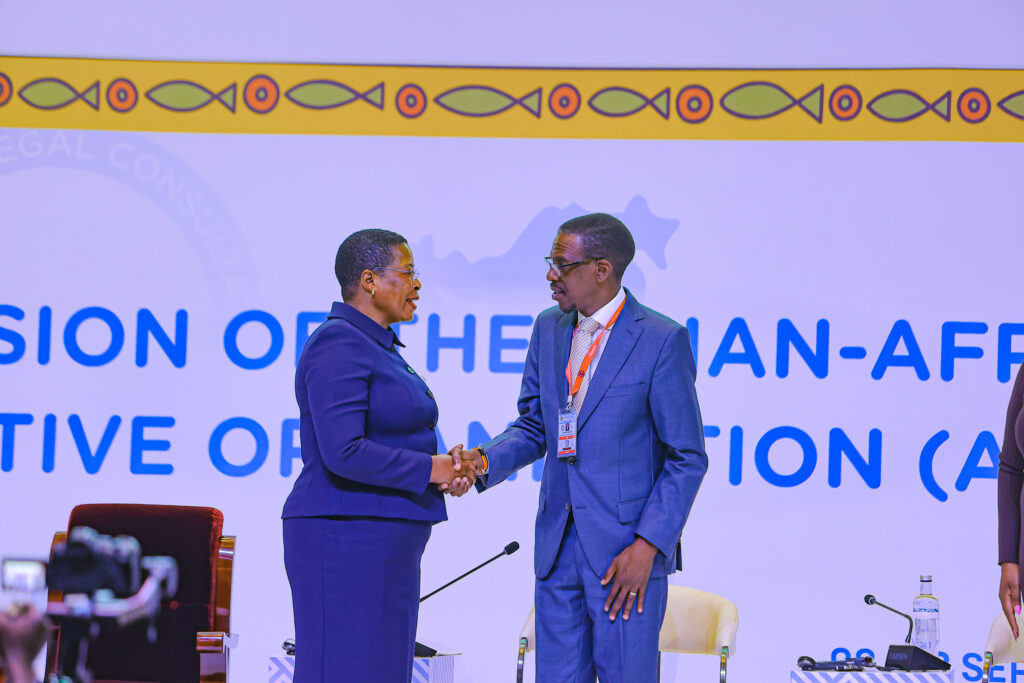
“The Bandung Spirit continues to inspire us. It reminds us that our continents, once marginalised in the global legal order, have the power to shape international law to reflect our values, aspirations, and realities,” Museveni said.
He cited AALCO’s contributions to international legal frameworks, including the Law of the Sea and the Vienna Convention on the Law of Treaties, highlighting the organisation’s impact on issues from human rights to environmental protection.
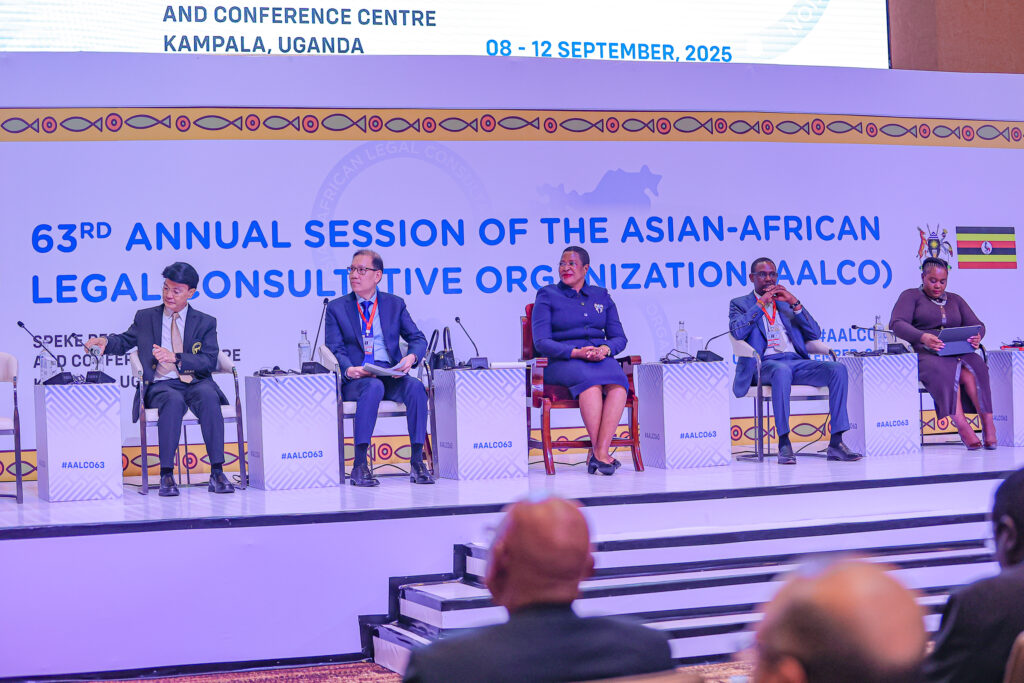
President Museveni further stressed the importance of AALCO in addressing contemporary global challenges, including climate change, conflicts, economic inequalities, and rapid technological advancements such as artificial intelligence and cybersecurity. “In this context, AALCO’s role is more critical than ever. It is uniquely positioned to ensure that Asia and Africa do not merely react to global legal developments but actively shape them to reflect our priorities,” he noted.
Shaping International Law
On her part, Speaker Among emphasised AALCO’s role in shaping international law, especially in addressing contemporary global challenges. “I commend the Secretary-General for keeping close relations with these international organisations and actively participating in their various activities,” she said, echoing President Museveni’s acknowledgement of AALCO’s engagement with the United Nations and other global institutions.
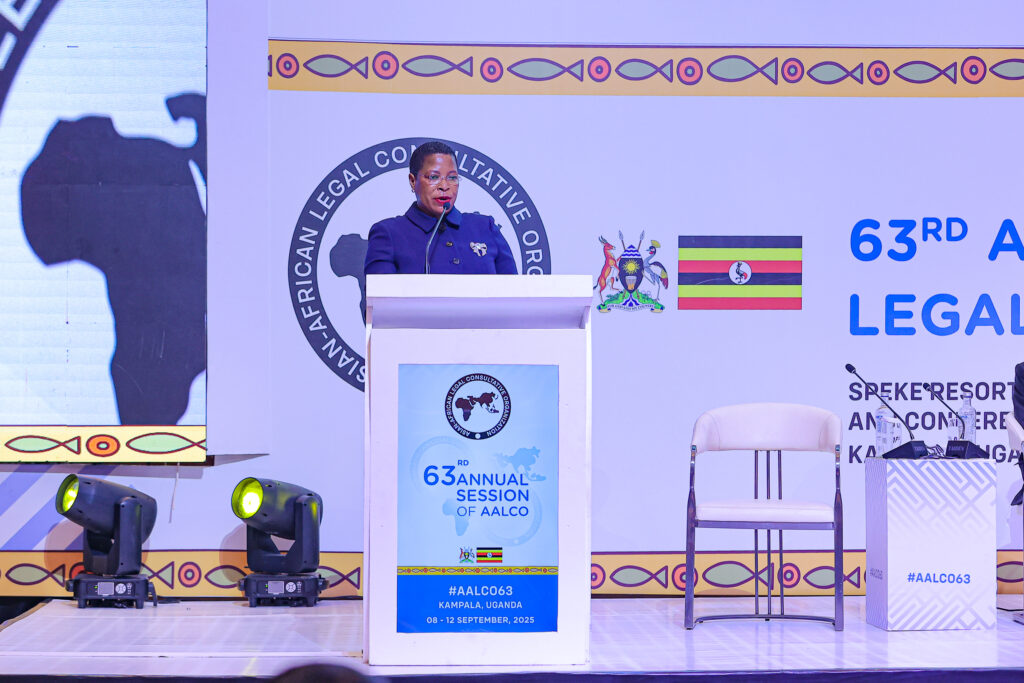
She also highlighted the legal complexities arising from technological advancements, noting that “rapid technological advancements, from artificial intelligence to cybersecurity, raise complex legal questions that demand our attention. In this context, AALCO’s role is more crucial than ever before.”
Speaker Among underscored the importance of member engagement and inclusivity in international law-making. “By fostering dialogue and coordinating positions, we will ensure that our continents’ perspectives are not only heard but integrated into the global legal order. As we embark on this session, let us seize the opportunity to strengthen AALCO’s impact,” she said.
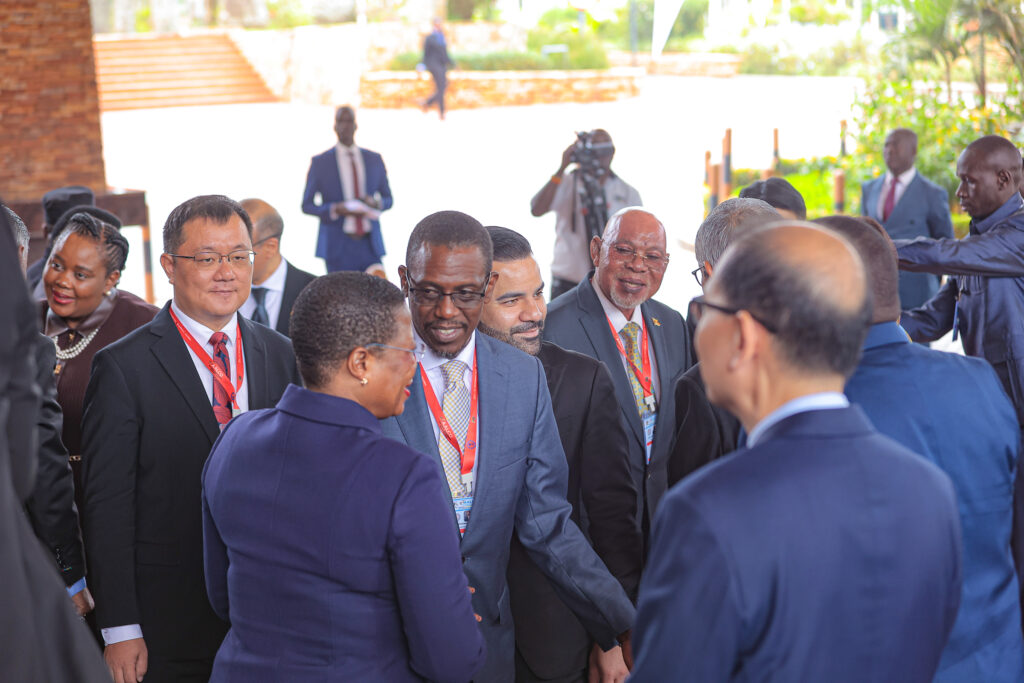
She outlined key pillars for the organisation’s future, mirroring President Museveni’s vision: enhancing legal capacity, promoting inclusivity in global governance and addressing emerging issues.
She concluded with a reflection on the shared history and future of the two continents: “Our shared history of struggle, resilience, and triumph binds us together. Our shared future of peace, prosperity, and justice depends on our ability to work together.”
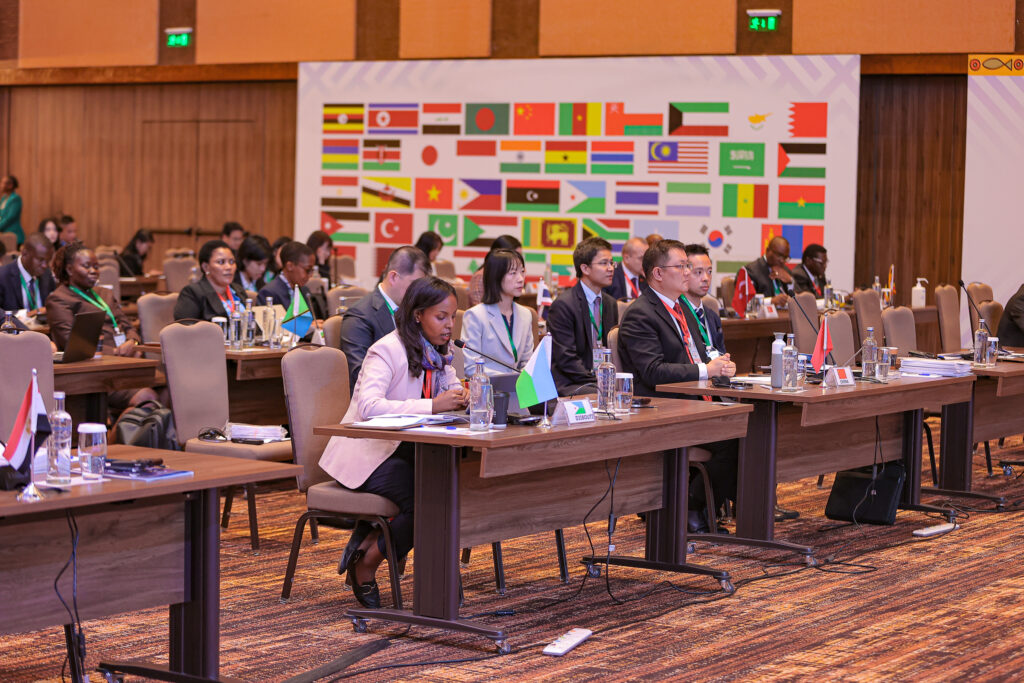
The session was attended by Justice Minister Hon. Norbert Mao, Foreign Affairs Minister Gen. Jeje Odongo, AALCO Secretary-General Dr. Kamalinne Pinitpuvadol, Attorney General Hon. Kiryowa Kiwanuka, and international delegates from 49 member states.
Justice Minister Mao traced Uganda’s historical commitment to solidarity and international law. “Uganda is in a tough neighbourhood. We are a small country, but we have never been afraid to take a stand on what we believe in,” he said, citing Uganda’s support for anti-apartheid movements and peacekeeping contributions across Africa.
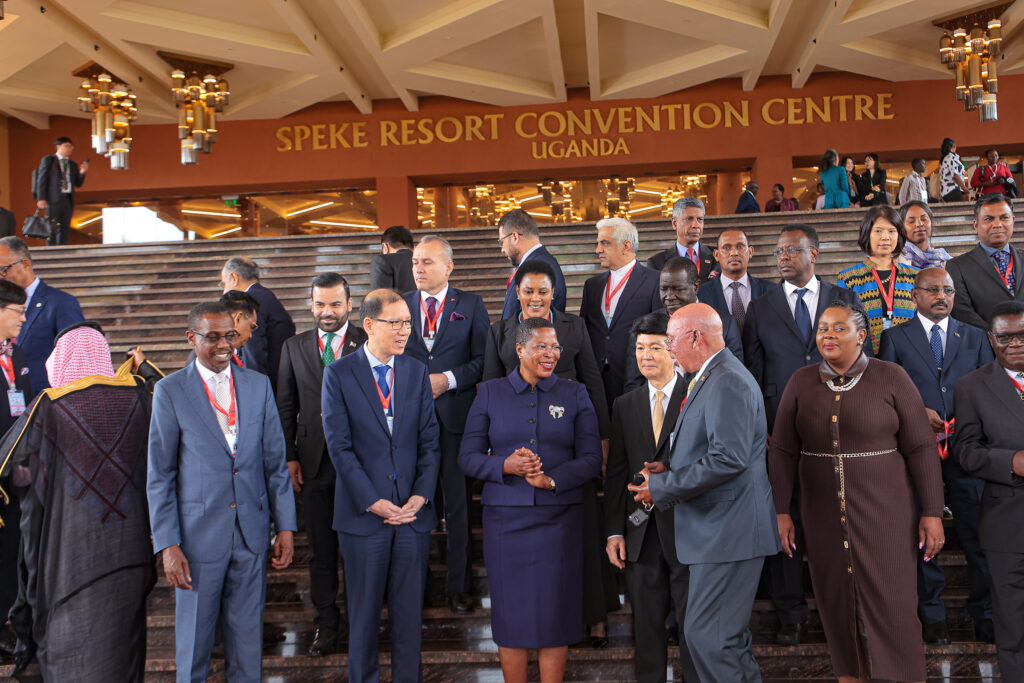
He recalled Uganda’s hosting of the 1993 Kampala Declaration on Human Rights and the 2010 Review Conference of the Rome Statute, emphasising that Uganda has consistently upheld international legal standards. “This meeting is about shared legal perspectives. It is a platform to discuss and influence global legal trends,” he said, noting that Uganda’s selection as host reflects its commitment to multilateralism and South-South cooperation.
Mmamoloko Kubayi, Minister of Justice and Constitutional Development of South Africa, commended Uganda’s hospitality and commitment to international law. “ALCO continues to serve as a critical forum for addressing contemporary challenges such as cyber law, climate change, investor-state dispute settlements, and anti-corruption frameworks,” she said, underscoring South Africa’s support for AALCO’s work in promoting multilateralism and legal cooperation.
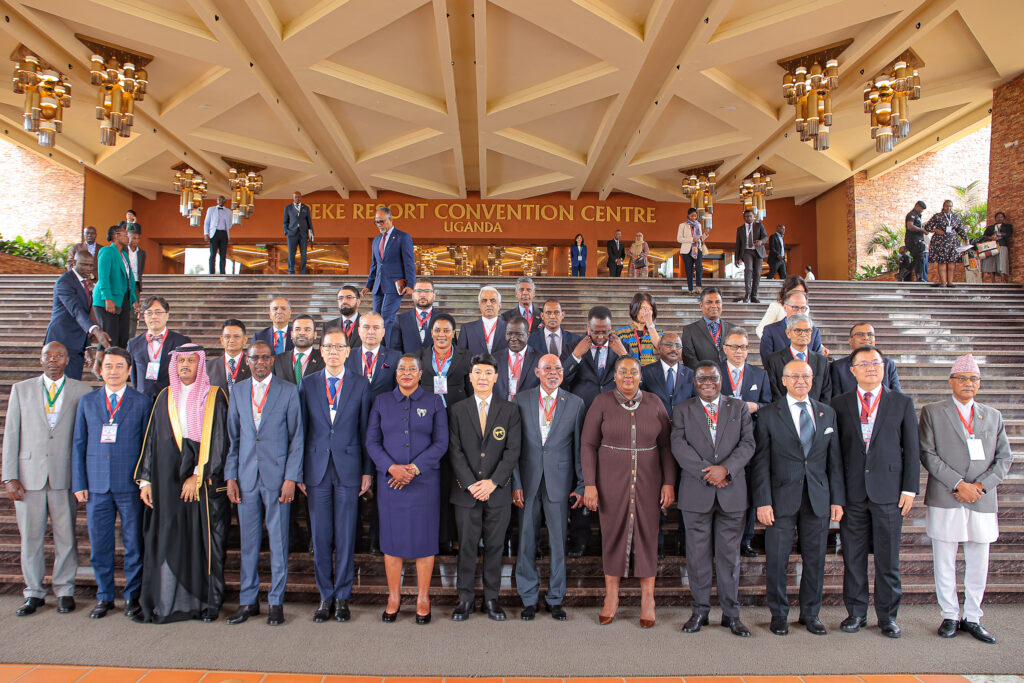
The 63rd Session of AALCO will run for five days, providing a platform for member states to deliberate on pressing issues, from climate change and migration to transnational crime and emerging technologies, while fostering cooperation between Asia and Africa.
